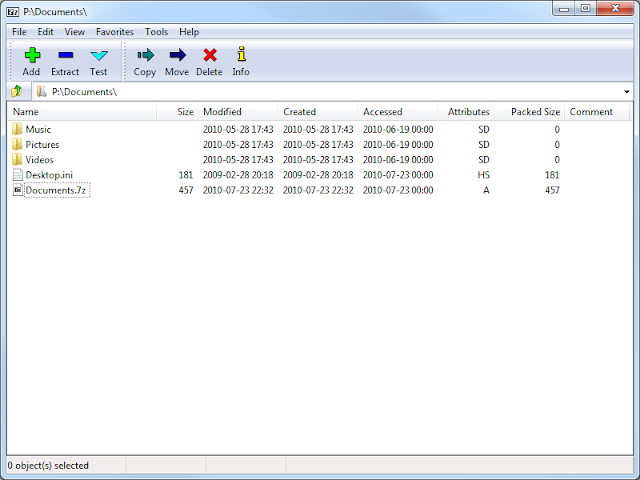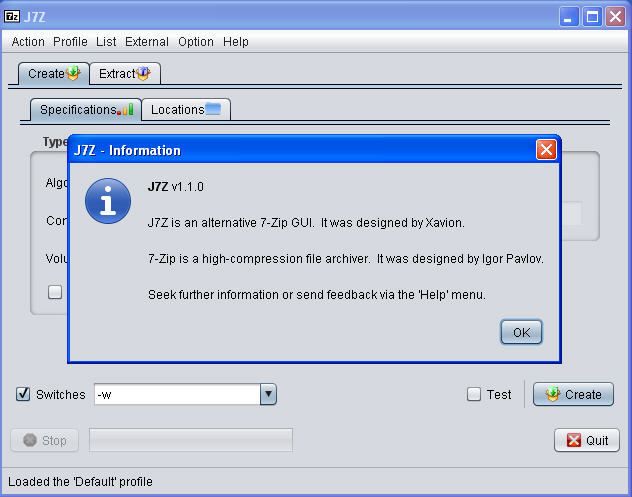
One benefit of using the 7z format is that it can be used with files that you want to split into several smaller parts. The 7z format is newer than the ZIP file format and it provides a high level of compression. 7z file extension is a compressed/archived file. Whatever the case, if you want to learn what it is and how to open it up and access the files within, you’re in the right place! Maybe you’ve downloaded one of these files from the internet, or perhaps a colleague has sent you one via email. You may have also encountered 7z files - which are specific to the popular compression tool, 7-Zip. Sample line to get maximum ZIP speed while keeping your machine performance: start "" /wait /belownormal c:\Progra~1\7-Zip\7z.exe a -tzip -mx=1 -mmt=off t:\backup.You’ve almost certainly come across archive formats like ZIP and RAR when downloading and sharing files. You can increase disk performance by disabling parallel activities and making sure that the hard drive reads (and write) your files one by one serially.Īlso it's better to read from disk1 and write your ZIP to disk2, as the physical head does not move from read to write. Now, everything remains very fast during those five minutes.įor everything you do on a machine, the hard drive activity will always be slower than your CPU capacity. With -mmt=off, we now always do in in less than five minutes! And, during these 50 minutes, all our servers were very slow because of the hard drives seeking. Our backup of the "visual SVN repository", which is made from multiple small files, was taking between 50 and 60 minutes. We improve performance on all our daily zip-backup procedures by adding -mmt=off to 7-zip command line. If it matters, I use a quad core Intel i7 720 (1.6 GHz)/(2.8 GHz) with 4 GB DDR3 RAM, and the 64-bit version of 7-Zip, and dual-boot Debian 圆4 5.0.4 and Windows 7 Home.Īs each thread seems to compress multiple files at the same time, the best thing you can do to increase performance of very large zip jobs is to set threads to 1, to be sure that your hard drive will seek one file at a time. I'm talking about faster at a comparable setting in WinRAR, not just lowering to bare minimum compression. Is the 9.x beta release noticeably faster at compression?



I did a few tests on different file types and sizes comparing the 7-Zip and WinRAR default settings on their normal compression and their best compression, and in a lot of cases WinRAR was 50% faster and in some it was actually 100% faster.īut, I do like FOSS more. I normally use WinRAR over 7-Zip simply because it's faster and only a little less efficient with compression.


 0 kommentar(er)
0 kommentar(er)
